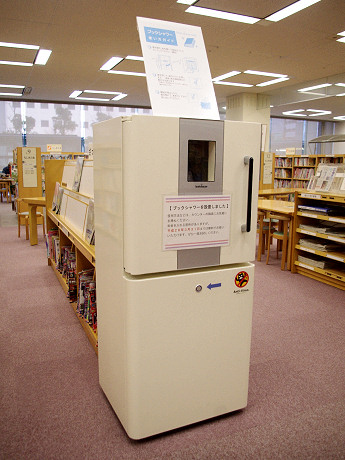
Five secrets that support Japanese longevity
It's said that Japan currently stands number one in longest life expectancy. What are the secrets behind that?
This post may contain affiliate links. If you buy through them, we may earn a commission at no additional cost to you.
Lately, it's been said that Japan is the country with the longest life expectancy.
In reality, according to the WHO's 2014 World Health Statistics, Japanese people have an average lifespan of 84 years, which continues the record of longest life expectancy from last year. (Men have an average of 80 years, 8th in the world, while women are number one at 87 years old.)
Also, as of August 2014, the oldest man and woman in the world as recorded in the Guinness Book of World Records, sitting at 111 years and 116 respectively, are both Japanese.
What are the secrets to these long lives? While there have been many investigations into this question, a clear causal relationship has not been made evident.Here are five points that lead to good health and are thought to be some of the reasons for Japanese people's longevity.
- Diet
- Hygiene
- High levels of societal engagement
- High rates of health consciousness
- Universal healthcare
[1] Diet
After all is said and done, one of the major reasons thought to be a cause of longevity is a proper diet. Here are two major points of Japanese meals: a) meals should have a proper nutritional balance and b) one should be moderate in portions.
a. Nutritionally balanced Japanese food
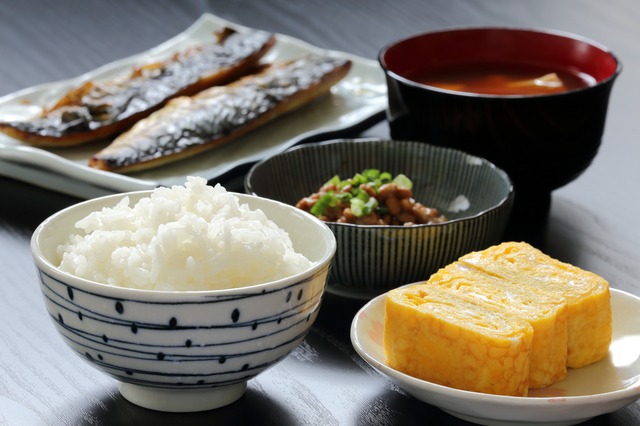
The characteristic style of Japanese meals has one soup and three vegetables as a basis with rice as the core, creating an excellent nutritional balance. The Japanese Ministry of Agriculture, Forestry, and Fisheries has stated that the low-fat, low calorie traditional Japanese meal is one of the factors boosting Japanese longevity.
One of the biggest contributors to the extended average life expectancy of Japanese people is the country's characteristic dietary habits.
The Japanese diet makes it difficult to consume an excess of calories. In comparison to the wheat-and-meat-dependent diet, Japanese food is low-fat, low-calorie, nutritionally balanced, and good for maintaining good health.
b. Eating moderately

The phrase "moderate eating" became popular in Japan in the Edo period. In Japan, "eating moderately" means that instead of eating until one is full, eat until your stomach feels as though it's 4/5ths full, then stop. It is said to be good for health and longevity.
Actually, this was recently verified with scientific proof. The only difference is that you should stop at 70% fullness.
Dr. Daisuke Koya of the Kanazawa Medical University Hospital said the following:
It's understood that the continuation of the dietary habit of eating until one is 70% full is good for one's health and extends life span. If you decrease your daily calorie intake by 25%, the resting sirtuin proteins will be activated and they will hold back various aging causes.
Since this way of thinking is in line with the Japanese diet, this is one piece of knowledge that was born from Japanese people's every day life.Perhaps if you come to Japan and happen to notice some different customs or habits, it might be one of the reasons Japan's life expectancy is so long.
[2] Hygiene
It's said that Japan is one of the most hygenic societies in the world. Living hygienically protects us from infectious diseases and all sorts of germs. Here are 4 customs and examples of how Japanese people indulge in high levels of personal hygiene.
a. Bathing habits
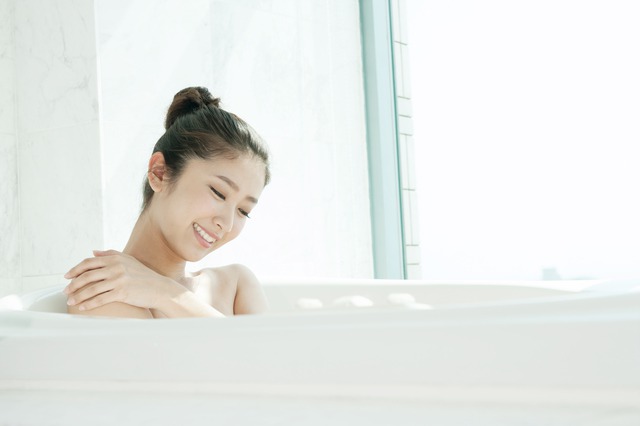
It's said that Japanese people don't take just showers, but also frequently use bathtubs. Taking baths in plenty of water every day has a positive effect on preventing illness through keeping oneself clean, but there are plenty of benefits outside of that. Here are three of those advantages.
Thermotherapeutic effects
It works to warm up your body. If you submerge yourself in a bathtub, you raise your body temperature and your capillaries stretch out and your circulation improves. Because of that, your metabolism rises, your fatigue disappears, and your muscle stiffness and soreness is softened.
Water pressure effects
This is the water pressure on your body. This pressure can help reduce your waist by 3-5 centimeterrs, and it's not just the way you look but it also influences your subcutaneous blood vessels. Because of this, it pushes back the blood concentrated in your limbs and invigorates your circulation while improving the flow of your blood and lymph fluid.
Buoyancy effects
Just like the way you float in pools or in the ocean, bouyancy comes into play in the bath as well. Your body weight becomes 1/10th of what it normally is. Thanks to that, your muscles and joints that usually support your body weight can rest, and the tension in your whole body comes apart.
It's thought that if you receive these effects daily, your body's health condition will improve, and even in an old age you will still be able to be energetic.
b. Toilets equipped with bidets
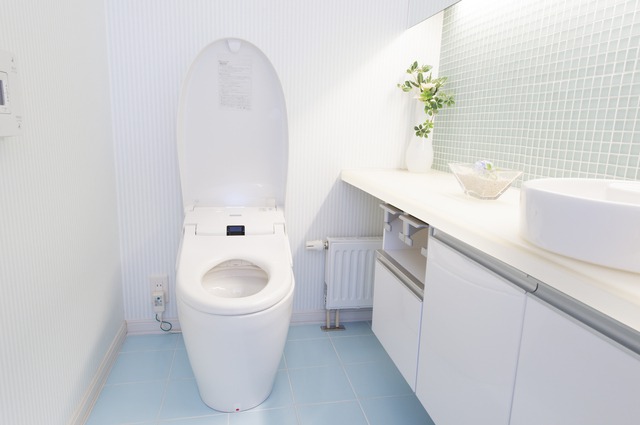
Japanese toilet seats equipped with bidets have recently been very popular overseas, and it can be said that it's one of the ways Japanese people have such a high level of hygiene.
c. No shoes in the house
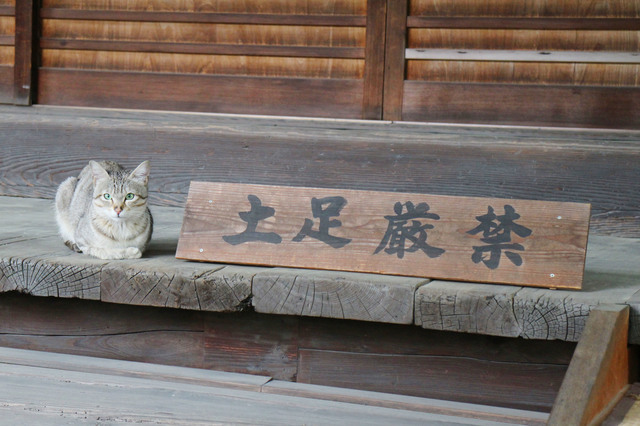
Historically, Japanese people have not worn shoes inside the house. Thanks to this, since people will not be tracking mud or dirt into the house, it's an easy way to keep things hygienic.
Actually, during the Great East Japan Earthquake, since evacuees still wearing their indoor slippers would accidentally bring in mud into the shelters, the floor was covered in blue sheets that were easy to clean in order to keep the place hygienic.
d. Even public services have a high level of hygiene
Lately, Japanese public libraries have been introducing "book showers" in which books that were lent out and have been returned are disinfected and sterilized. This "book shower" uses UV rays to disinfect the book, then blows wind at it to dislodge any trash that might be stuck inside of it so that the person who borrows it next can have it in the cleanest condition possible.
namba.keizai.biz
Public transportation also have high cleanliness standards. For example, on the shinkansen, the special brush they use has a wetness sensor and if a seat is damp it will ring an alarm.

Even if a seat is wet with tea or other liquid, you might not be able to tell just by looking at it, but this "Magic Broom" detects using sensors any dampness. If you use this brush to sweep the seats, it will also detect wetness. If a seat is wet, they can easily switch it out for a clean seat.
This way, they can help everyone in Japan no matter where they are sustain cleanliness. It can be said that doing a modest amount of cleaning every day can help protect the elderly against illnesses brought on by unhygienic conditions.
[3] High levels of societal engagement
It's said that having a concrete and emotional connection to one's society even after one reaches an advanced age is one of the factors in a long life.Here are two points about Japanese people's high levels of societal engagement.
a. Employed people over 65 years old
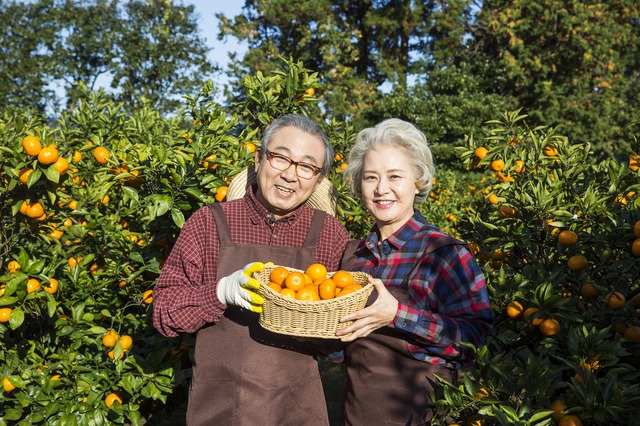
Japanese elderly people are known around the world for having a high societal involvement. Japan's Ministry of Internal Affairs and Communications has stated the following:
There are 4,950,000 people over the age of 65 still employed in Japan. The percentage of people over 65 who are still employed is 19.4%.
If we look at people of the same age in various Western countries, in the USA it's 14.5%, 7.9% in Canada, 6.3% in England, and 3.4% in Germany.
Japanese people get so easily caught up in their work they could be called "business warriors." There are many people who are perplexed with what to do with themselves after retirement. Rather than wasting time in the house, many people find it easier to continue working and being an asset to society.
b. Enjoyment of everyday lives
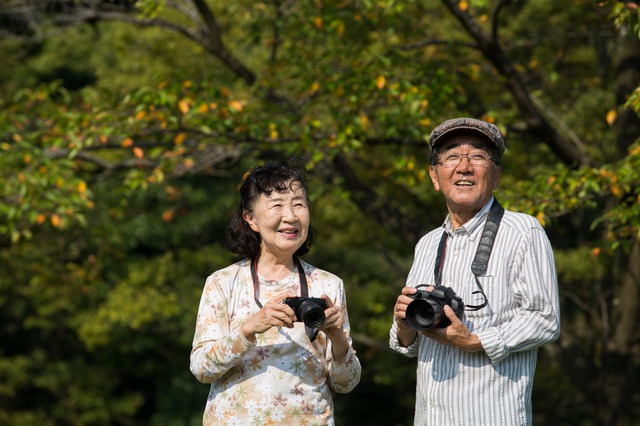
Many of Japan's elderly stay proactive in their community through activities like neighborhood associations or gateball games. According to the Cabinet Office's investigation, about 60% of elderly people in Japan participate in community activities.
According to the same investigation, 80% of Japanese elderly feel that they have a purpose in life.
It seems that one of the secrets to a long life is to continue being proactive in your community, enjoy your hobbies, and follow your purpose in life no matter how old you get.
[4] High rates of health consciousness
Because of the high rates of health consciousness, exercise is tied into one's daily lifestyle.
a. Dry towel rubdown
Rubbing one's skin with a dry towel has been a health method in Japan since time immemorial.
Yuichiro Miura, the adventurer who at age 80 became the oldest person to climb Mt. Everest, woke up early during their hikes to give himself a dry rubdown in order to warm up his body.
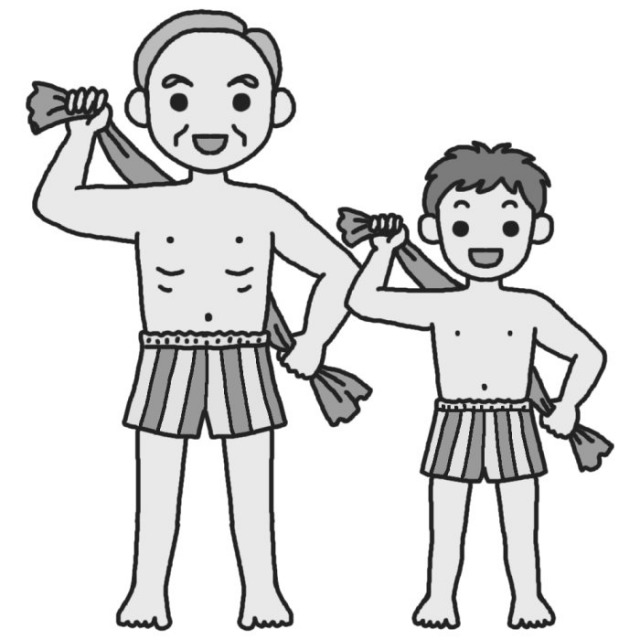
At a glance, someone rubbing their half-naked body with a towel on a winter day may look eccentric, but actually science has verified that a dry rubdown has positive health effects.
Juntendo University Medical Professor Hiroyuki Kobayashi's experiments ascertained that dry rubdowns have a huge effect on health.
A dry rubdown is one simple health trick that you can do right this moment as long as you have a single towel. If you're curious, please try it.
b. Radio exercises
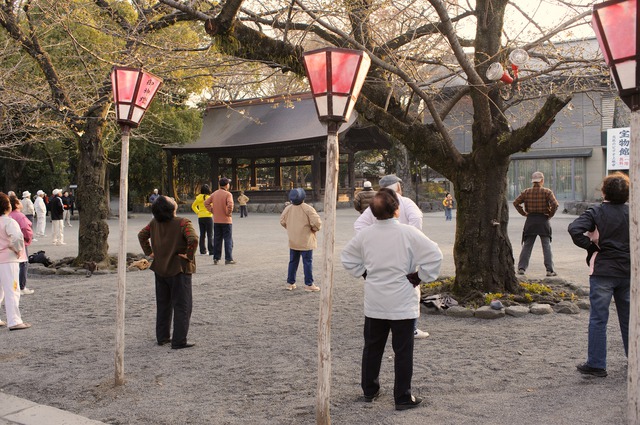
Radio exercises are calisthenics that are done along with music playing from a radio. Radio exercises have a long history in Japan, and the majority of Japanese children go to school every morning in the summer to do them. Also, since communities often have sports meets or gatherings, most Japanese people have done radio exercises before and you can say that most people even today can do them.
It's said that 80% of senior citizens' homes or elderly welfare facilities offer radio exercises, and it can be said that this daily exercise is a big contributor to their health.
c. Reduction in salt intake
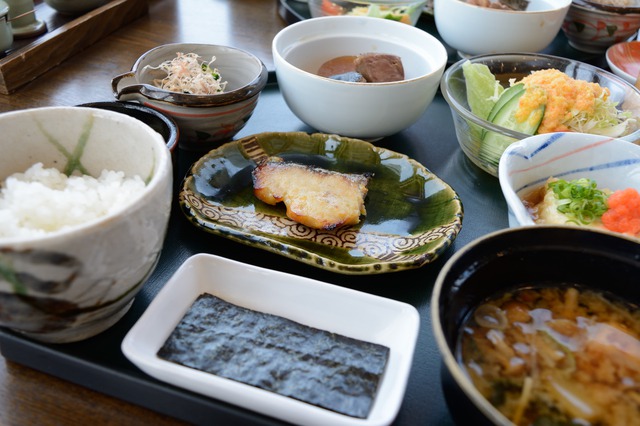
There is a high consciousness in Japan about reducing salt intake. Here are some dramatic rises in average life expectency per prefecture.
In 2013, the prefecture with the longest life span was Nagano. Men had an average life span of 80.88 years while women lived to 87.18 years. Both genders boasted top longevities.
In 1965, that same Nagano prefecture was number 9 nationwide for male life expectancy and 26 for women.
The reason Nagano prefecture was able to have such a dramatic rise to the top of the life expectancy statistics is due to a prefecture-wide reduction in salt consumption.
With the background of the low longevity rates, about 30 years ago Nagano prefecture created the "Salt Reduction Movement for Nagano Residents." They were number one in stroke deaths, and the salt intake, which can causes trokes and hypertension, was also very high. The Salt Reduction Movement began and they created and distributed "salt panels" and "salt calendars" as part of their information campaign. They also created "salt miso."
While Japanese food over all is healthy, soy sauce, miso, and pickled vegetables all have a relatively high sodium level. So the movement to reduce salt intake is one of the secrets behind lengthening Japan's life expectancy.
Also, in Nagano prefecture, it wasn't just the salt reduction campaign, but at the same time they also urged their residents to eat more vegetables.
In Nagano prefecture, they created a "Let's Eat Vegetables" campaign in order to press residents to eat vegetables high in potassium, which is helpful in excreting salt. In school lunches they put seasonal vegetables and locally grown vegetables that were high in nutrition, and they continue to promote eating more vegetables.
This way, you can say that the prefecture's fight for health and longevity has made it number one.
[5] High levels of health consciousness
a. Physicals and medical checkups are done at schools and workplaces

Thanks to Japan's idea about universal healthcare, anyone can receive healthcare at an affordable cost. Not only that, but you can have a health examination for free in schools and at most companies.
According to the School Health and Safety Act, every year before June 30th, it is established that the school will perform a medical examination of the students.
Since the examinations are done practically as an obligation, even if there are people who find it too troublesome to go to a doctor, any diseases they might have can be caught in the early stages. There's no mistake that this system is one contribution to Japanese people's health.
b. Universal healthcare
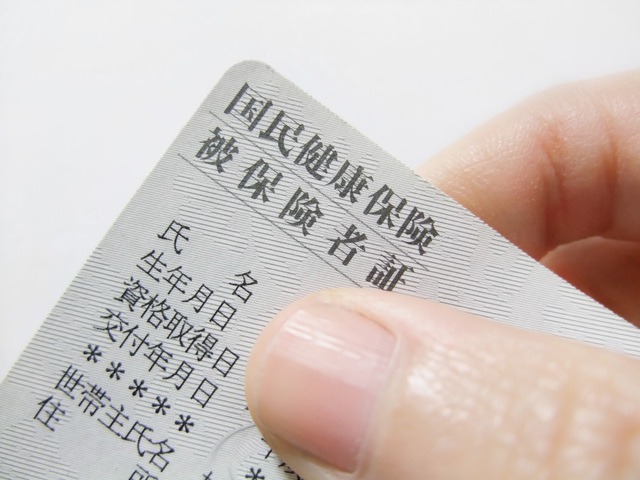
This is a photo of a Japanese employee's health insurance card.
Due to Japan's universal healthcare, everyone is responsible for one portion of the medical bill so that they can get treatment. Once you present this card at the clinic, the patient pays 30% of the bill, and the other 70% is taken care of by the country.
I'm grateful for Japan's health insurance system. Even if you offer money at temples to pray to ward off evil, if you get sick or injured, your money won't come back. If that's the level of your preparation, there's nothing you can do but accept it. But if you enter the health insurance system, you can undergo life-saving measures. If your medical expenses become large, a limit is imposed and you only have to pay 30% or less.
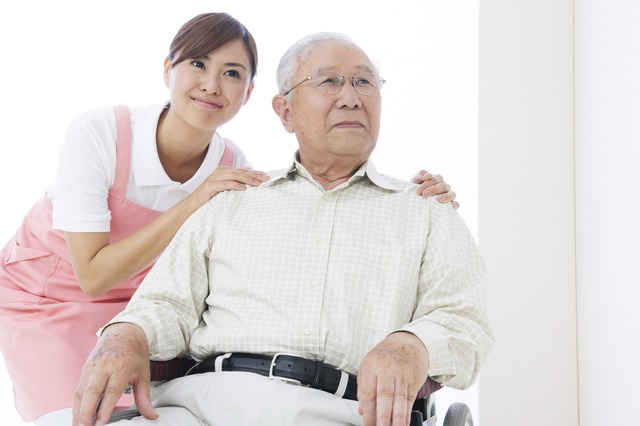
You can say that the face of medical care is a societal infrastructure that has a large contribution to the health of Japanese people.
These were the reasons behind why Japanese people live such long lives.
There are various reasons, but the common point of each entry is that they are all done habitually. It's not something special that you do only once, but rather by every day reducing your salt intake and adding just five minutes of exercise a day or performing other health-promoting methods, health consciousness can rise bit by bit.
The information in this article is accurate at the time of publication.

